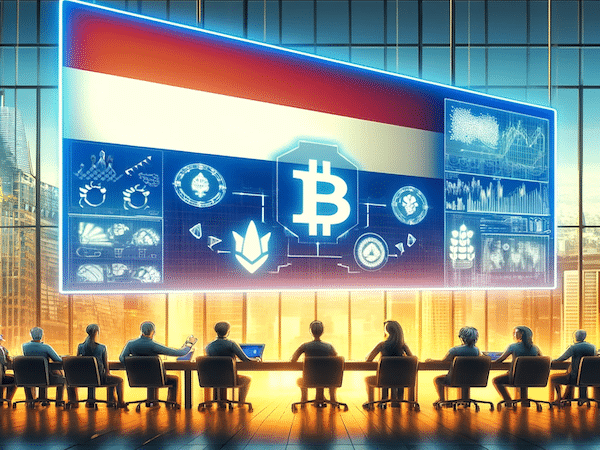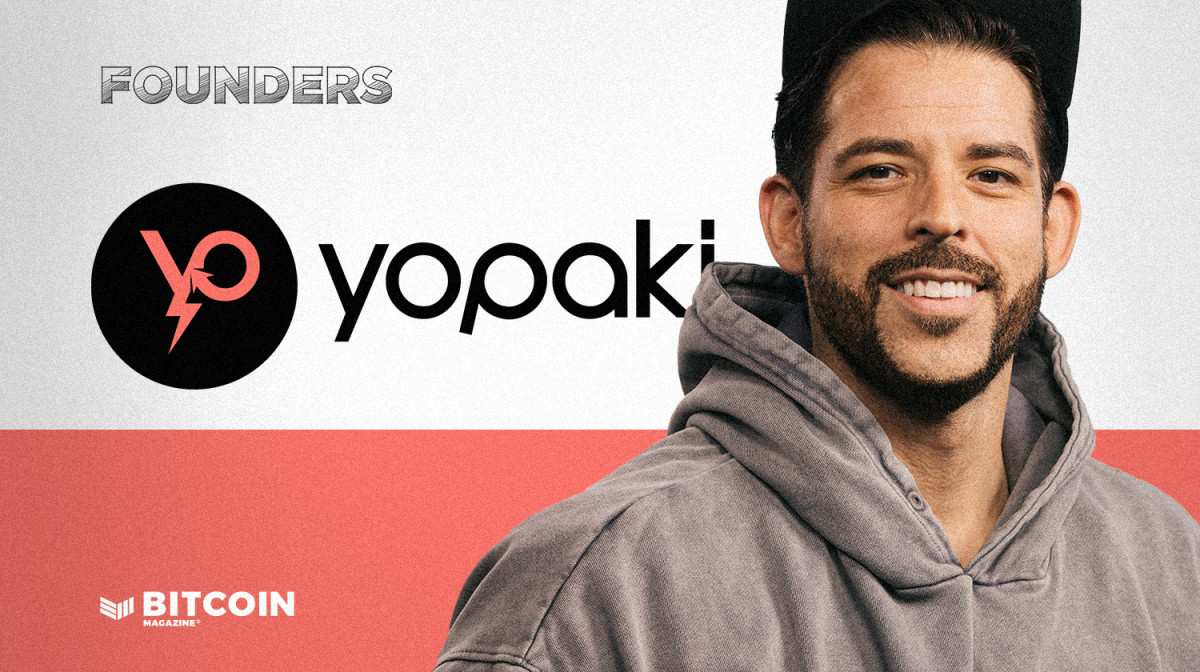‘Godfather of AI’ advises UK government to start UBI


Geoffrey Hinton, a world-renowned artificial intelligence (AI) expert often referred to as the ‘Godfather of AI’, recently consulted with members of the UK government at Downing Street to advise lawmakers to consider adopting a universal basic income (UBI). To combat the imminent threat of job losses.
Until recently, Hinton worked at Google developing advanced AI capabilities for neural networks, the underlying technology that powers most modern generative AI systems, such as Google’s Gemini and OpenAI’s ChatGPT.
According to Hinton, the AI revolution will mostly benefit the rich. Lay people, blue-collar workers and people in jobs that can be automated could lose their income and “that wouldn’t be good for society,” he told the BBC in a recent interview.
“I was consulted by people in Downing Street and they advised me that universal basic income was a good idea,” Hinton said.
Hinton is not the only major player in AI who believes UBI is needed to offset the impact automation will have on the human economy.
Before becoming one of the tech industry’s most famous CEOs, OpenAI co-founder Sam Altman studied under Hinton and helped pioneer neural networks. These days, Altman serves as the chief executive of OpenAI and is known for his full support of UBI.
Another of Altman’s ventures, Worldcoin, is focused on providing UBI through the adoption of cryptocurrency tokens that are free to anyone who signs up for the service and submits a retina scan to verify their identity.
In addition to saving humanity from employment displacement through the advent of UBI, Hinton and Altman have expressed the belief that AI could pose an existential threat to humanity.
Hinton reportedly left his position at Google to speak more freely about his concerns about the impact AI could have on the future of humanity. And Altman claims that the entire reason he co-founded OpenAI with Elon Musk and others was to ensure that advanced AI systems are carefully developed for the benefit of humanity.
In a recent BBC interview, Hinton said there were only a few years left before the threat was imminent.
“I think there’s about a half chance we’ll be facing an AI problem five to 20 years from now.”
Related: AI safety researchers leave OpenAI due to priority issues



